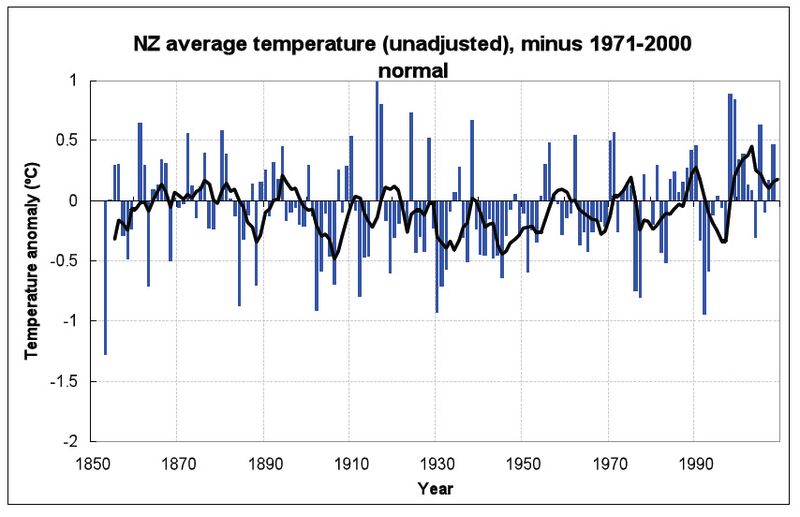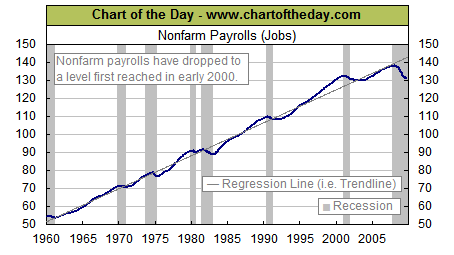My personal philosophy is pretty simple and I am not one to spend time ruminating about it. Today, I discovered a piece that sounds like something I would have written if I were to try to put down my philosophy. It also states pretty much my own opinion about politics in this country rght now. I just wish I were as optimistic as the writer.
Way back in the depths of time, Greek philosophers ended up with two basic and incompatible ways of looking at the universe. One way was materialism, which says that there is a material universe which behaves in a consistent way, and if you study it you can learn the way it works.
That’s the world view of engineers and scientists — and businessmen, for that matter. It’s the world view of people who understand and use mathematics, and statistics. It is a place where cause leads to effect. It’s the place that game theory studies. It isn’t necessarily inherently atheistic; a lot of religious people live in the materialist world.
But there are people who don’t. A different epistemological view is teleology, which says that the universe is an ideal place. More or less, it
exists so that we humans can live in it. And human thought is a fundamental force in the universe. Teleology says that if a mental model is esthetically pleasing then it must be true. Teleology implies that if you truly believe in something, it’ll happen.
This is pretty much it for me.
Another piece that I have previously referred to is appropriate to quote again here. This was a comparison of Gorbachev and Obama.
they do have one major thing in common, and that is the belief that, regardless of what the ruler does, the polity he rules must necessarily continue. This is perhaps the most essential, if seldom acknowledged, insight of the post-modern “liberal” mind: that if you take the pillars away, the roof will continue to hover in the air.
Gorbachev seemed to assume, right up to the fall of the Berlin Wall and then beyond it, that his Communist Party would recover from any temporary setbacks, and that the long-term effects of his glasnost and perestroika could only be to make it bigger and stronger.
There is a corollary of this largely unspoken assumption: that no matter what you do to one part of a machine, the rest of the machine will continue to function normally.
A variant of this is the frequently expressed denial of the law of unintended consequences: the belief that, if the effect you intend is good, the actual effect must be similarly happy.
Very small children, the mad, and certain extinct primitive tribes, have shared in this belief system, but only the fully college-educated liberal has the vocabulary to make it sound plausible.
I think these two excerpts say much the same thing. Consequences derive from wishes. If we want something, it will happen. I even remember a movie with that theme. I will add a final quote that is also pertinent.
“Throughout history, poverty is the normal condition of man. Advances which permit this norm to be exceeded—here and there, now and then—are the work of an extremely small minority, frequently despised, often condemned, and almost always opposed by all right-thinking people. Whenever this tiny minority is kept from creating, or (as sometimes happens) is driven out of a society, the people then slip back into abject poverty.
This is known as ‘bad luck’.”
– Robert A. Heinlein
I think that says it.



